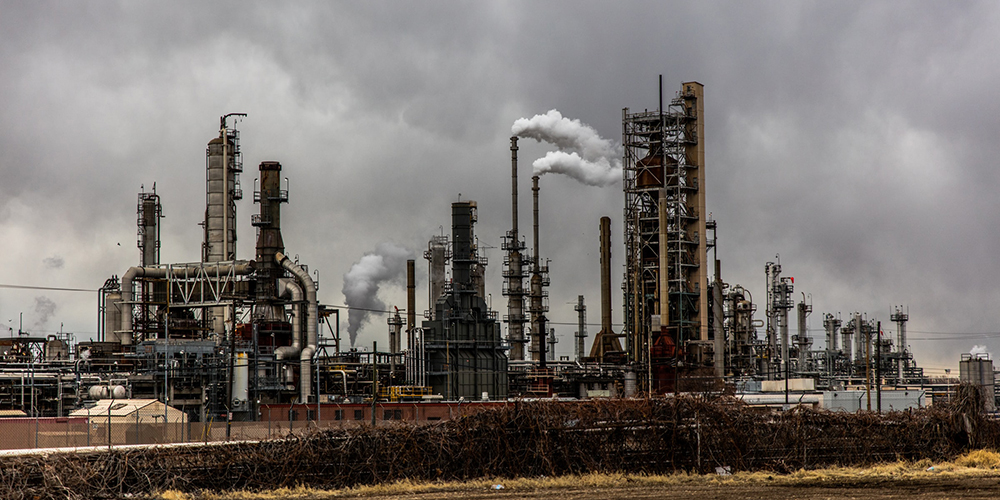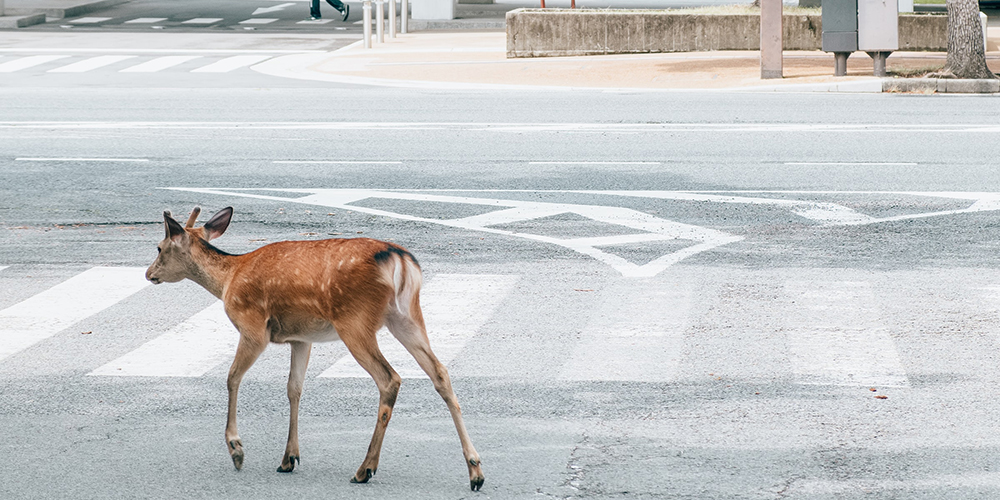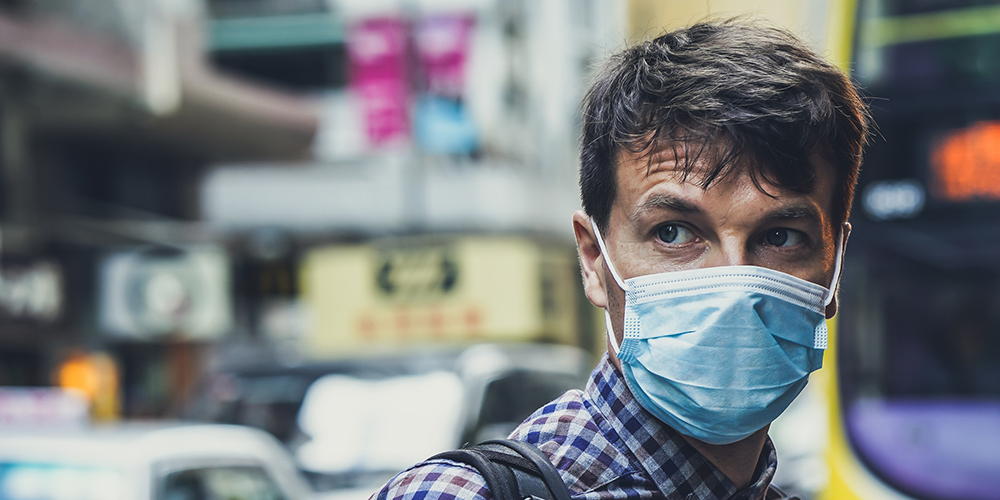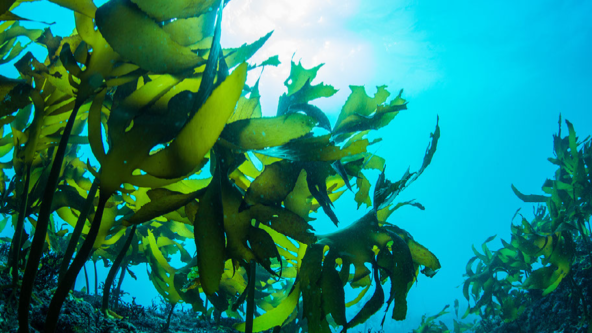In just a few short months, coronavirus has brought the world to a standstill. The hustle and bustle of life before the virus seems like a distant memory for most, as we get used to a new way of living and working.
Covid-19 is having a negative impact on most of our daily lives and on parts of the economy. But when it comes to the environment, it’s good news. The world is slowing down, so the impact people, business and travel have on the environment is lessening.
Air pollution is declining
With huge numbers of the population now in lockdown, transport figures have taken a nose-dive, in turn reducing air pollution levels.
Recent Transport for London data shows around 1.16 million daily trips were being made on the city’s buses in March 2020. Compared to 6.49 million a year ago, it’s an impressive reduction of 82%. Tube travel has decreased too, with only 240,000 people per day using the service, versus 4.2 million this time last year. Perhaps unsurprisingly, air travel has been impacted as well. In the first three months of 2020, around 67 million fewer passengers travelled by airplane, compared to previous years.
Global production and manufacturing are also slowing down, leading to substantial reductions in greenhouse gas emissions. Most notably, the positive benefits of reduced air pollution have been felt in developed, or developing, industrial nations like China and parts of Europe.

China saw carbon emissions decrease by around 25% in January, as industrial activities shut down. And in Europe, forecasts have shown power demand dropping by up to 10% in some quarantined countries, with emissions predicted to be down vs. previous years across the whole continent.
Wildlife is benefiting too
With humans locked inside, animals are reclaiming parts of some cities.
From mountain goats in Wales to wild boar in Barcelona, reports from around the world show animals that typically avoid urban areas roaming free.

Unfortunately, the image of swans returning to the canals of Venice, widely shared on social media, wasn’t entirely true. However, the water in the canals is transparent for the first time in years, and there has been an increase in fish returning to them.
Another positive has been increased focus on the global wildlife trade, brought on by some reports suggesting coronavirus started in a wet market in China. These markets are commonplace in Southeast Asia, where live animals including fish and chickens, along with more exotic wildlife, are sold.
Debate has raged around these markets for years, highlighting not just ethics but their potential health dangers, too. Scientists have been drawing attention to human diseases that originate from animals for decades, including Sars, Mers and Ebola. Some of these illnesses can be linked to animals in wet markets. Professor Andrew Cunningham, deputy director of science at the Zoological Society of London (ZSL), even described these types of markets as ‘timebomb[s]’ for epidemics.

The spotlight is now well and truly on the live animal trade. And perhaps it marks a turning point. In response to the outbreak, China has already introduced a ban on all farming and consumption of live wildlife.
How long will the impact last?
No one really knows what the true long-term impact of coronavirus will be on the environment and wildlife, or how it will leave its mark on the world after populations begin to recover. When quarantine measures are first lifted, it’s likely that emissions and pollution levels will quickly return to similar levels to before the crisis. However, our mindsets and behviours will likely remain changed.
After the pandemic, the world will probably enter a new version of normal, rather than go back to exactly as it was before. As our founder Simon Rogerson wrote, the crisis has redefined what we think of as possible. For example, many companies now know it’s possible to run their businesses with remote workers. Based on this, we could see more remote working when offices reopen. And hypothetically, if everyone who can work remotely continues to do so for one or two days a week, after quarantine is lifted, we could see a significant reduction in travel emissions.

Seeing the positive impact staying at home has had on the environment could make us all feel a little more empowered in the fight against climate change. Without meaning to, our actions have benefitted the planet. We now know we can make a difference.
Hopefully, when life returns to some version of normal, we will all remember this. We could see lots of people making small yet meaningful changes to their daily lives, ones we wouldn’t have thought possible before the pandemic. Together, these changes could help us fight climate change quicker than we would have done without the crisis.



